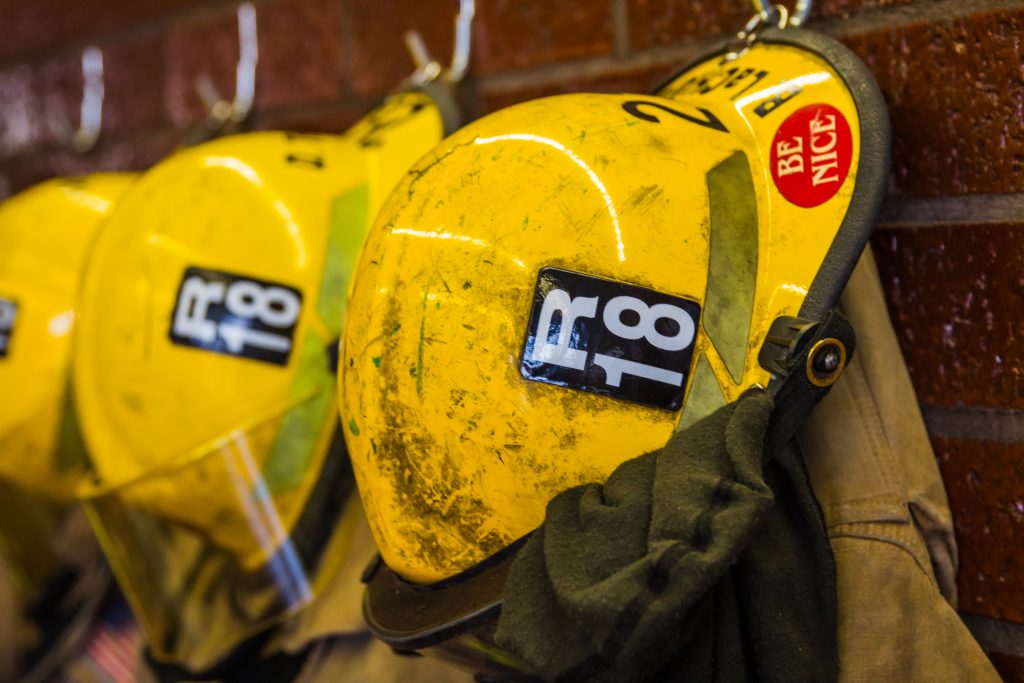
What is the problem?
Surveys tell us that firefighters have high rates of critical event exposures and mental health symptoms. This study explored firefighters’ experiences about their mental health, including barriers and facilitators, care needs, and research priorities.
How did the team study the problem?
Career firefighters (33 men, 6 women) of different ranks from across Canada (British Columbia, Alberta, Nunavut, Ontario, Quebec), were interviewed about mental health stressors that affected their health, family, and work; barriers/facilitators they experienced; their needs; and their ideas about research that might improve firefighters’ mental health. The audiotaped interviews were transcribed into text and analyzed to identify common themes.
What did the team find?
Three themes crossed all of the firefighters’ perspectives. These were differences across fire services (e.g., availability of resiliency training), that issues often had “two sides to the coin” (e.g., black humor), and challenges dealing with the uncertainty in mental health (e.g., unclear which treatments work). There were vast differences between different fire services in access to programs and care. Firefighters recognized that critical incidents and chronic job stressors both play a role in their mental health problems.
Many experienced symptoms of occupational stress injury, such as: brain fog, difficulty concentrating, on high alert all the time, intrusive and distressing flashbacks, feelings of failure, fear of the next call, and second guessing themselves. They were concerned about how their mental health stressors carried over to their family. For example, they were guarded about sharing their daily job experiences and recognized that stress affected how they behaved at home. While time off work was helpful for mental health, they were also concerned it led to lost family income. Sometimes mental health challenges affected their work: compassion fatigue, irritability with others, or tasks avoidance.
Firefighters identified barriers and facilitators that affected their mental health: personal (e.g., reluctance to seek help); firefighter-specific (work and culture (e.g., firefighters have to be stronger than everyone else), training and programs (e.g., peer support), leadership/management (e.g., mental health is a priority)); health care (e.g., timely access to informed providers); and social factors (social supports, societal attitudes and policies (e.g., stigma)). Firefighters identified the need for research in four areas: awareness and monitoring, understanding causes of mental health, better prevention and treatment, and access to care.
How can this research be used?
This study highlights firefighters’ concerns and needs about mental health. Firefighters, management, mental health programs, firefighter-aware health professionals, and families all have a role to play.
Cautions
Interviews may not represent all concerns of all firefighters.
Funding Sources: CIHR (FRN: HPW–146016, 162539 and 165070) and SSHRC (FRN: 890-2016-3013)
